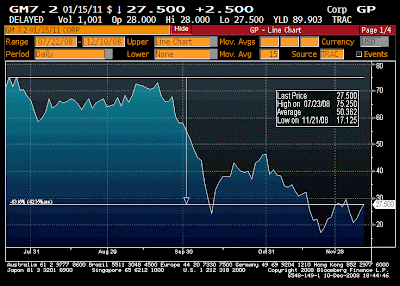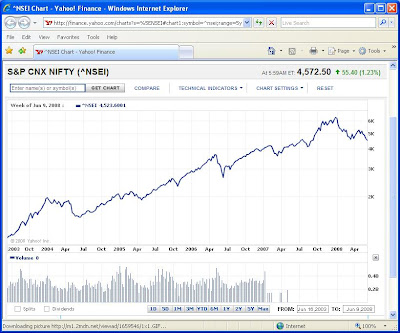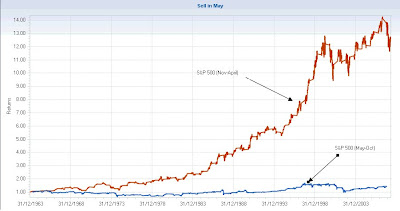(BN) Deutsche Bank Trading Woes Persist as Weinstein-Led Unit Loses $1 Billion
More losses on proprietary trading in investment banks. With so much volatility in thé markets, one wonders how the proprietary desks can make regular and sustainable profits. Definitely not an easy time to be a prop trader! Bloomberg News, sent from my iPhone. Deutsche Bank Woes Said to Persist on Credit Bets Dec. 12 (Bloomberg) -- Deutsche Bank AG, shaken last quarter by a $1.68 billion loss trading for the firm's account, is reeling again, this time from about $1 billion of bad bets in a unit led by credit-trader Boaz Weinstein in New York, people familiar with the matter said. The magnitude of the group's loss, and its impact on the firm's fourth-quarter results, may change as the value of some stakes fluctuate with the markets and the Frankfurt-based bank seeks to unwind positions, according to the people, who declined to be identified because the circumstances haven't been disclosed. As of mid-Dece...









